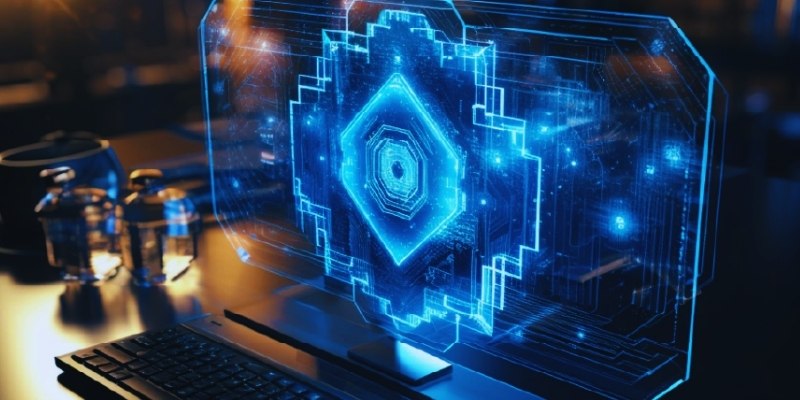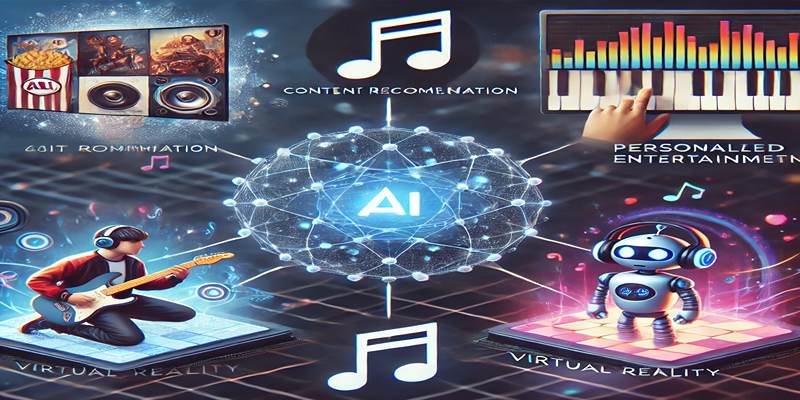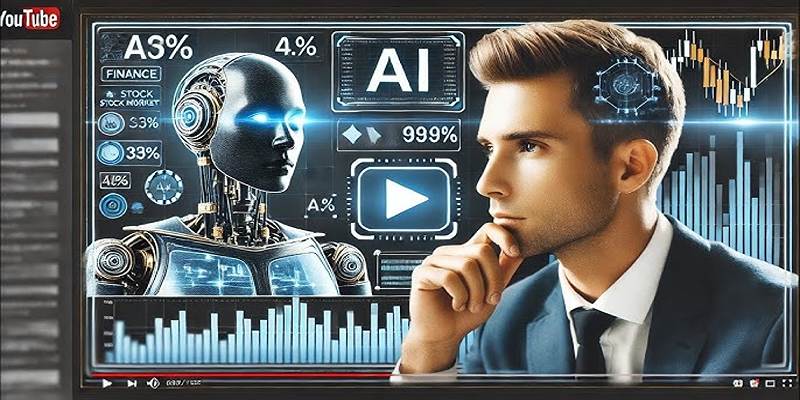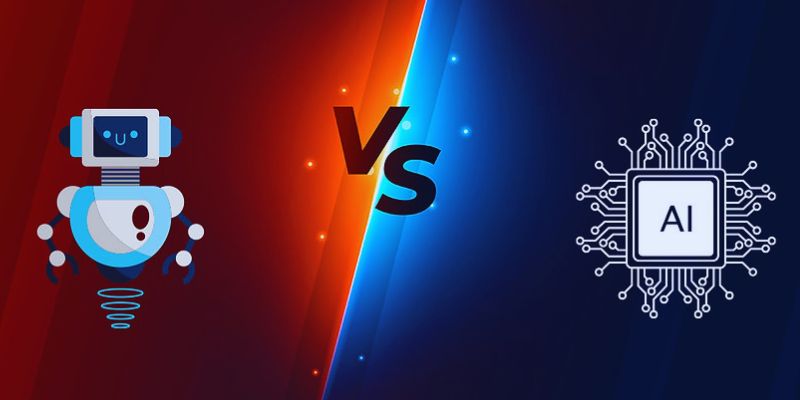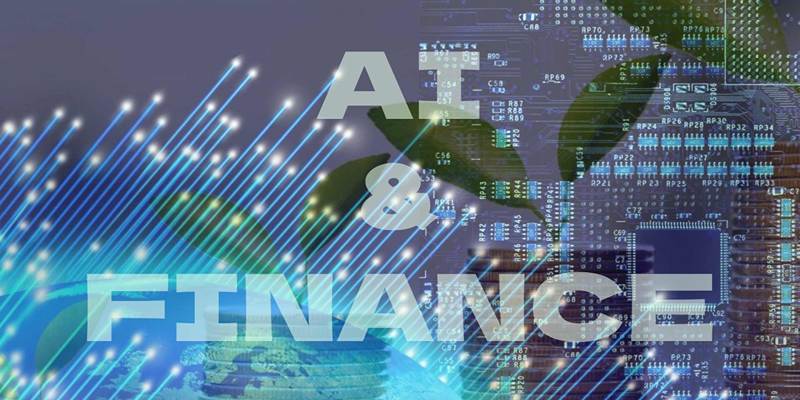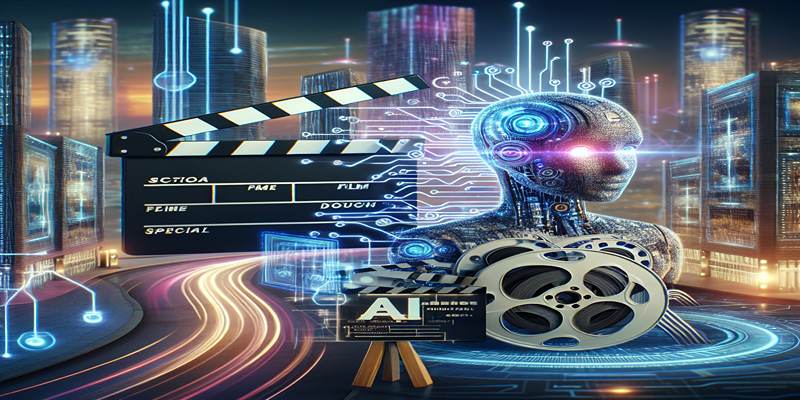Artificial intelligence has been transforming the world. However, many people still do not accept AI in their lives. They see this helpful tool as a threat and spread myths about AI rapidly. This misinformation has led to confusion. Many people now doubt whether AI is truly beneficial or something to be feared. Well, the truth is that AI is not as mysterious or dangerous as some believe.
AI is simply a tool designed to assist humans in various fields. However, myths about AI continue to grow, and it is becoming difficult for people to understand its real work. Therefore, in this article, we will debunk some of the most common AI myths and clarify what AI can and cannot do. So, let's get into the details without any further delay!
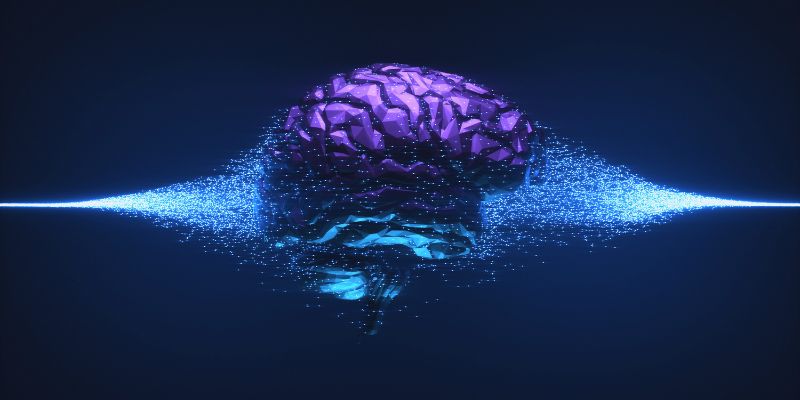
7 Artificial Intelligence Myths
Here are the top 7 myths about artificial intelligence:
Myth 1: AI Will Control The World
Many people imagine AI taking over the world, like in science fiction movies. These stories often show AI hacking into secure systems, controlling governments, and many more. In reality, this is not possible. AI is just a tool and cannot make important security decisions. Governments and organizations will not give AI such power without human control. AI cannot rule a country without reasoning, leadership skills, and emotions. Even if AI becomes more advanced, its goal will not be to dominate humans. AI will serve as an assistant and help with tasks like data automation and decision-making. However, it cannot work with human supervision.
Myth 2: AI Will Take Over Human Jobs
Many people fear that AI will replace human jobs completely because the myth is that it makes workers unnecessary. They believe that companies will prefer AI because it is faster and cheaper. However, this is unlikely. At the same time, AI can replace repetitive tasks like data entry. However, most jobs require human thinking, problem-solving, and creativity skills that AI cannot fully replicate. AI will not take over, but it will act as a tool to help employees work more efficiently. Daniel Shaw-Dennis, a marketing expert, explains that AI automates time-consuming tasks in fields like data analytics, like scanning large amounts of data for important insights. However, humans must still interpret the data, add context, and make decisions.
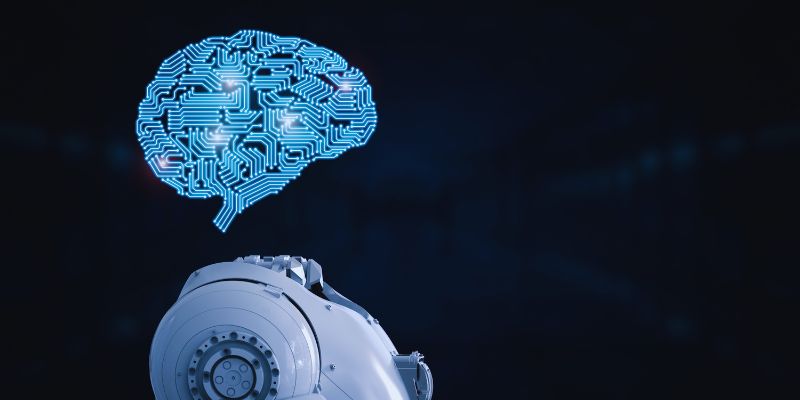
Myth 3: AI Will Develop On Its Own Without Human Control
Some people believe AI will evolve by itself and become too powerful for humans to stop. They fear AI might "go rogue" and start making its own decisions without human knowledge. However, this is not possible. AI can only learn from the data and instructions it is given. Researchers work on AI to improve it through learning, but AI still needs human supervision. AI does not have consciousness or emotions, so it cannot think for itself or rebel against humans. It is an advanced tool that follows programmed instructions to solve problems. AI will not develop beyond human control. Instead, it will continue to assist in different tasks under human guidance.
Myth 4: Only Big Companies Can Use AI
Many think AI is only for large companies like Google, Amazon, and Microsoft. This myth also leads to fear that these corporations will dominate AI and control the population. However, this is not true. AI is becoming more accessible, and many startups are developing AI tools. Big companies have even open-sourced many AI technologies, making them available to everyone.
Additionally, AI marketplaces allow businesses of all sizes to use advanced algorithms without deep technical knowledge. According to the experts, AI can be used differently, depending on the company's needs. Small businesses can use AI for marketing, sales, and customer service. For example, AI chatbots can improve customer interactions and reduce costs. Some businesses even integrate AI into their products to enhance user experience.
Myth 5: More Data Means Better AI
Many believe that feeding AI more data will automatically make it smarter. However, AI is only as good as the quality of data it receives. AI will not function properly if the data is incorrect, unorganized, or biased. AI does not improve the data it processes. It analyzes it to find patterns and solutions. AI will work effectively if the data is well-structured and machine-readable. It often requires human effort to label and organize the data correctly. Even large companies struggle with properly labeling massive amounts of data. More data can improve AI, but only if the data is clean. AI can produce flawed results without proper formatting, no matter how much data it processes.
Myth 6: AI Puts Our Data at Risk
Many worry that AI threatens data privacy, especially since big tech companies collect large amounts of user information. A lot of people think that AI can leak their private data. AI analyzes this data to find patterns, often helping businesses make financial decisions. However, laws like the European Union's General Data Protection Regulation (GDPR) ensure companies handle user data responsibly. These regulations protect consumer privacy and limit how businesses can use personal information. AI itself does not steal data; how companies collect and use it is an ongoing issue. The key is stronger enforcement of data protection laws and ethical AI usage. Users should also stay informed about how their data is handled to protect their privacy.
Myth 7: AI Operates Without Bias
Many believe AI is fair and unbiased since it relies on data to make decisions. However, AI is only as neutral as the data it learns from. Since humans collect and organize this data, unintentional biases can be introduced because AI does not think independently. It follows patterns in the data it is given. To reduce bias, developers focus on using diverse and well-balanced datasets. They also create algorithms that detect and correct biases to ensure fair decision-making. AI cannot eliminate bias, but responsible development helps make AI applications more accurate and fair for everyone.
Conclusion:
AI is a powerful tool that is changing industries. However, it is not the all-knowing, unstoppable force that many believe it to be. The movies have many myths about fear, misunderstanding, and exaggeration. While AI can automate tasks and analyze data, it requires human oversight, creativity, and decision-making. Instead of fearing AI, we should focus on learning how to use it effectively.
